You’ve heard enough about fake news, but On Spec is going to take you to corners of the world mired in disinformation whose stories you probably haven’t heard.
What kind of damage is fake news causing in the everyday lives of ordinary people? And how can we stop that damage?
On Spec went to find out in: Turkey, Russia, Brazil, India, the US, Hong Kong and the Democratic Republic of Congo.
The deliberate falsification of information takes different shapes in different countries, and hurts low-income and marginalized communities in dramatic ways. As governments around the world become more authoritarian, fake news becomes a tool to control and rule — whether by influencing voters ahead of elections, or by pitting them against each other. But it’s not just governments spreading lies. People from all backgrounds contribute, sometimes unwillingly, to disinformation campaigns. We bring two sides of the disinformation debate face to face — people who might have never talked to each other — to hash out their different takes, explain where they get their information, and why they believe what they do.
Click here to learn more about the people involved in bringing you Season Three.
Russia’s Rainbow Divide
Putin’s Russia is a homophobic country. The state media spouts anti-gay rhetoric and creates fake news, Parliament passes laws that curtail LGBTQ activism, and hate crimes are on the rise. But in bigger cities, there are also thriving gay scenes, and a new generation of Russian activists is seeking to change public opinion. British journalist Theo Merz, who’s gay, takes us to Moscow where he lives across these two Russias. He explores this rainbow divide and brings two people with radically different viewpoints face to face for a discussion about sexual identity.
Breaking Up a Family
Since the elections in Brazil that brought Jair Bolsonaro to power, Brazilian journalists Giovana Fleck and Carol Grune have been hearing politicians insult women, threaten them with rape, and try to take away their rights as women. For Carol, the polarized politics of Brazil led to a breakup with her father. Giovana helps Carol tell her story as the father and daughter quarantine together in Porto Alegre. Carol and her parents are on different sides of the feminist debate in Brazil, and they hash out their their political differences, realizing the divisions are really about their own identities.
Love in Times of Hate
The Modi government has an agenda to make India a Hindu nation, and they have tapped into old prejudices and disinformation to brainwash influential and ordinary people into hating minorities, particularly Muslims. Indian journalist Prachi Pinglay Plumber is a Hindu married to a Muslim, and she touches on her own experience of interfaith marriage, as she tells the tale of India’s demise from a secular democracy to a country that has used fake news to fuel riots. She unravels the Delhi riots in 2020 through the lens of a Muslim family living in a Hindu neighborhood, and a right wing Hindu activist. And she asks, how is love possible in the midst of broiling animosity?
Combating Climate Change
Some of the world’s most active climate deniers reside in the United States. Arkansas suffers from flooding and is one of the conservative red states where many farmers, who have the most to benefit from green policies, are actually voting against their best interests because of disinformation. Arkansas native and journalist Alice Driver introduces an organic farmer, who’s a climate activist, to a state senator, a climate change skeptic who also happens to be her neighbor, to see if they can find common ground.
The Death of Hong Kong
Hong Kong protesters were on the streets for more than a year to fight for their freedom of expression after China announced laws to further curb their rights in 2019. Police violently attacked protestors, threw opposition politicians in jail and the country has been polarized as disinformation spreads. Journalist Lisa Jane Harding, based in Hong Kong for 19 years, reports through the eyes of a politician and a chef supporting opposing sides on how the protests split Hong Kong, and if the city can regain lost freedoms. This episode features music and sound from Yum Cheok, an audio-visual project making documentary music from nothing but field recordings of Hong Kong.
Pandemic Treatments that Paralyze
In Africa, herbal treatments are used to heal viruses in the absence of modern medicine, but disinformation about these treatments and how they can cure COVID-19 is having a deadly impact. Government officials and local healers out to make money sell these treatments with fake news. Congolese journalist Patrice Chitera, who has used these treatments for his ailments in the past, adds his own story as well as those impacted by these herbal meds. Patrice questions who to hold accountable for the loss of lives in a country where there’s little trust of those in power.
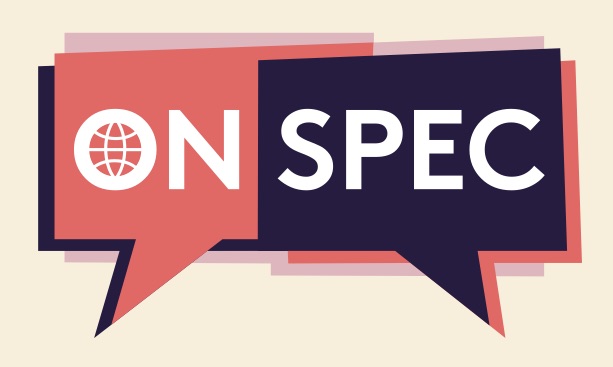

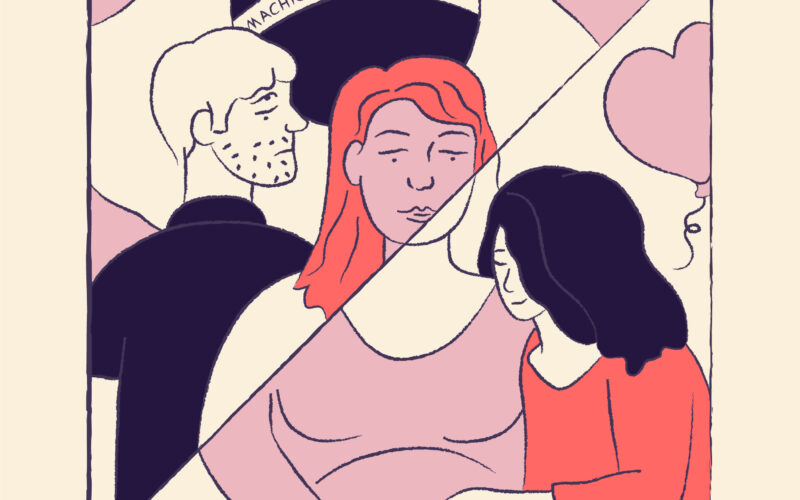
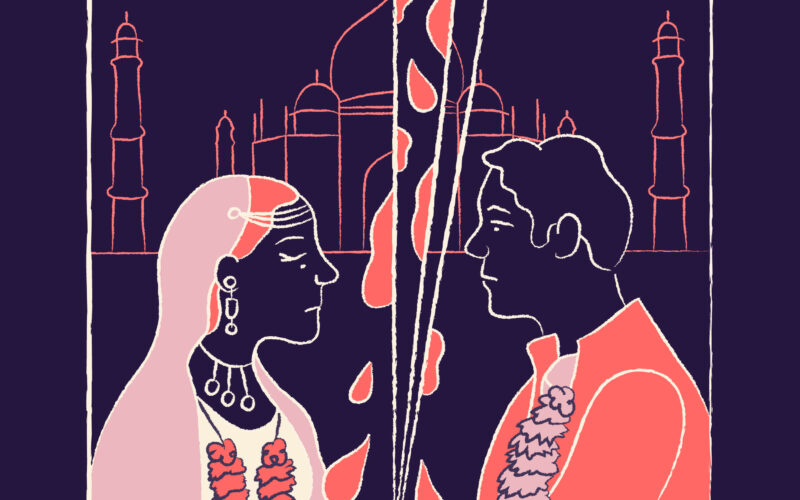
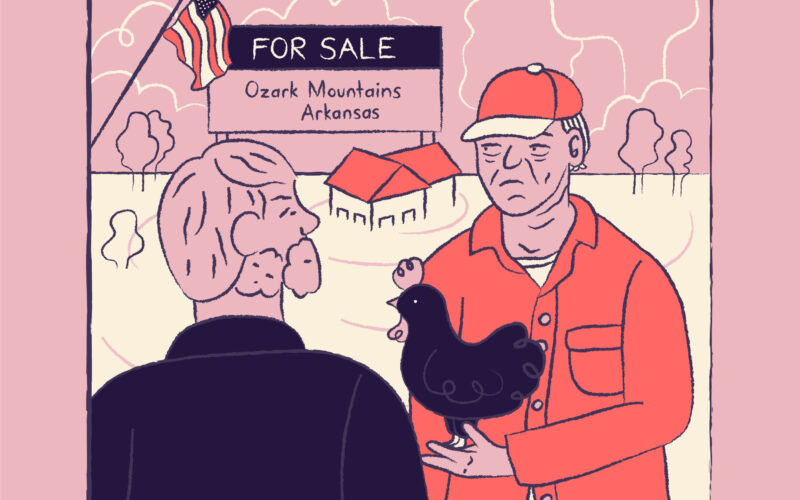

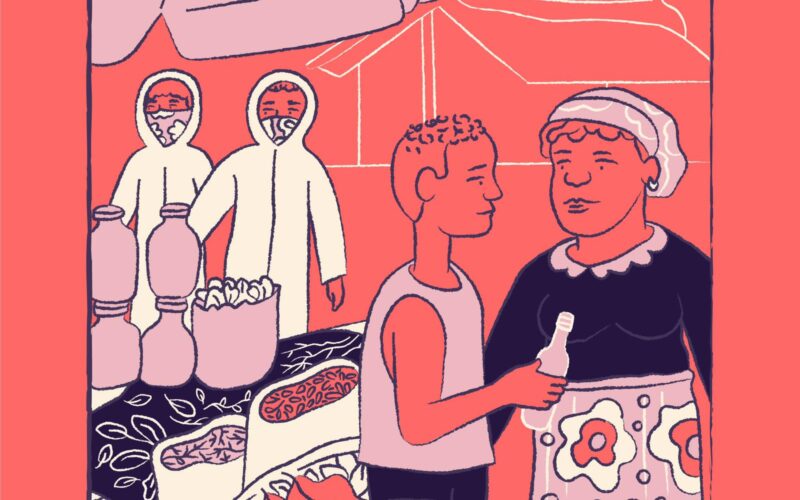
The Last Bus to Europe
Turkey hosts the largest number of refugees in the world, but they are facing a brutal backlash from Turkish society. In February 2020, during the onset of the pandemic, the Turkish government misinformed refugees that they could leave Turkey and enter Greece. Turkish photojournalist Özge Sebzeci boarded a bus from Istanbul to Greece filled with migrants headed to Europe, and she tells the story of their journey. Then she weaves in the Turkish narrative by getting to know an anti migration politician and a pro-refugee activist to understand how they shaped their opinions.